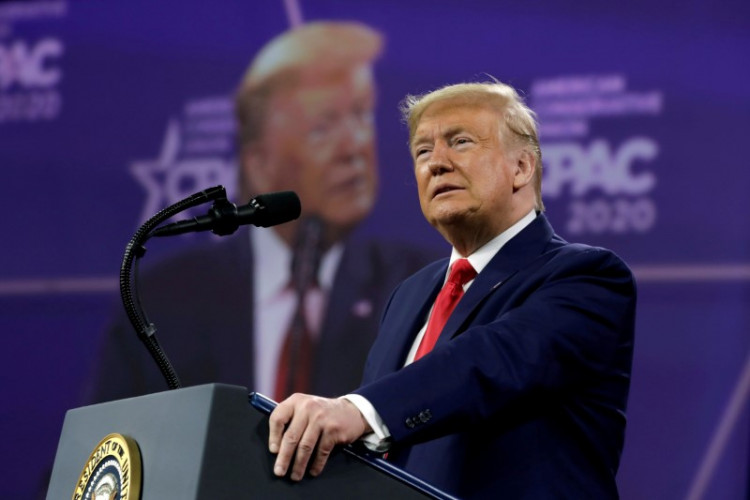Special Counsel Jack Smith has formally requested an appeals court to reinstate the criminal case against former President Donald Trump, challenging a recent ruling that dismissed the charges based on constitutional grounds. The appeal, submitted Monday to the 11th U.S. Circuit Court of Appeals, marks a pivotal moment in the ongoing legal battle over Trump's handling of classified documents.
The dismissal of the case came last month from U.S. District Judge Aileen Cannon, a Trump appointee, who ruled that Smith's appointment as special counsel violated constitutional provisions. Cannon's decision sparked a significant legal debate, focusing on whether the Attorney General's authority to appoint special counsels adheres to the Constitution.
Assistant Special Counsel James Pearce, representing Smith, argued in the 81-page filing that Cannon's ruling deviated from established Supreme Court precedent and misconstrued the relevant statutes. "The Attorney General validly appointed the Special Counsel, who is also properly funded," Pearce wrote. "In ruling otherwise, the district court deviated from binding Supreme Court precedent, misconstrued the statutes that authorized the Special Counsel's appointment, and took inadequate account of the longstanding history of Attorney General appointments of special counsels."
Smith's team emphasized the importance of the Supreme Court's 1974 decision in United States v. Nixon, which upheld the enforceability of a subpoena issued by a special prosecutor investigating the Watergate scandal. Although the Nixon case did not directly address the legality of special counsels, it established a precedent suggesting such appointments were constitutionally permissible.
Judge Cannon had dismissed the case on grounds that Smith's appointment violated constitutional appointments and appropriations clauses, particularly focusing on whether Smith, as an external appointee, had been properly authorized. Cannon's ruling referred to the appointment of special counsels as a nonbinding practice, contrary to Smith's interpretation of its binding nature based on the Nixon precedent.
Pearce's brief argued that Cannon's ruling, if upheld, could undermine the legitimacy of numerous federal appointments. "If the Attorney General lacks the power to appoint inferior officers, that conclusion would invalidate the appointment of every member of the Department who exercises significant authority and occupies a continuing office," Pearce wrote. "The implausibility of that outcome underscores why the district court's novel conclusions lack merit."
Trump, who has pleaded not guilty to charges of willfully retaining national defense information and directing the deletion of security video at his Mar-a-Lago resort, has consistently sought to delay or dismiss proceedings against him. A Trump campaign spokesperson, Steven Cheung, responded to the filing by urging that Cannon's dismissal be upheld. "As we move forward in Uniting our Nation, not only should the dismissal of the Lawless Indictment in Florida be affirmed, but be immediately joined by a dismissal of ALL the Witch Hunts," Cheung stated, characterizing the legal battles as politically motivated.
The appeals process initiated by Smith's team could potentially extend for months or years, reflecting the complex and contentious nature of the case. Trump's legal challenges extend beyond this case, with ongoing battles over a hush money case in New York and efforts to overturn the 2020 election results, which could also impact the timing of his trials.






